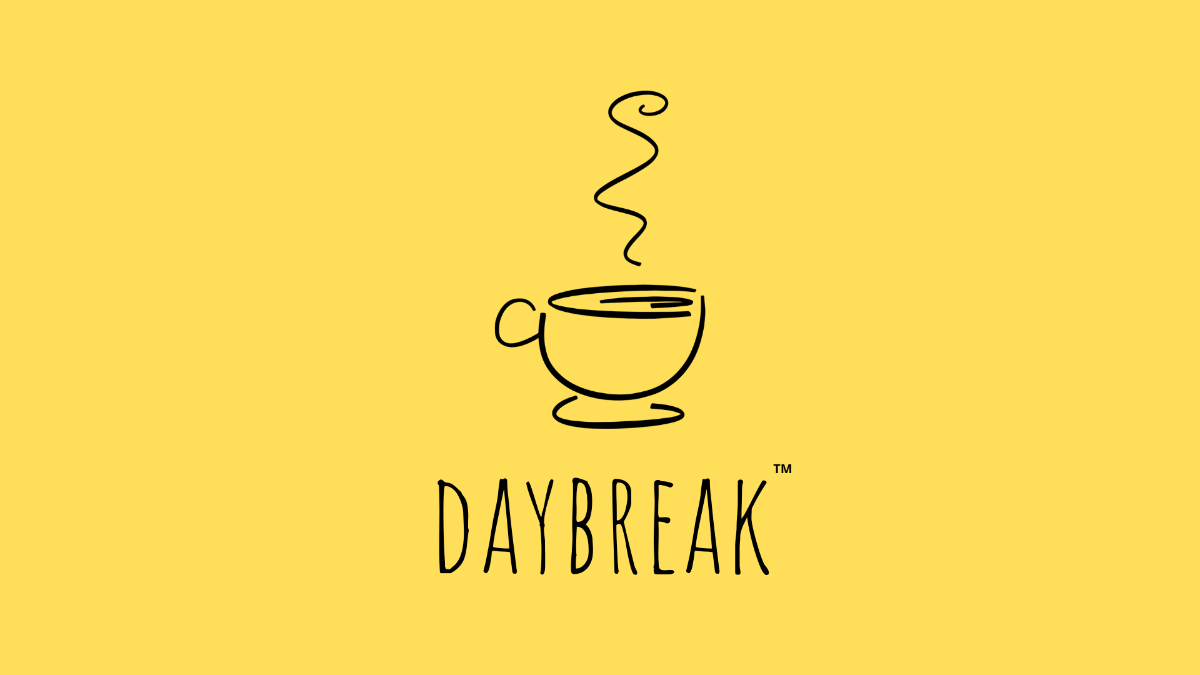The Flooding of Lake Okeechobee has hastened certain changes that might have taken decades otherwise. But here it was: happening more quickly than anyone had anticipated. Florida, returning to herself.
Over the course of Wanda’s lifetime, the state of Florida disappears.
It disappears from government recognition as a state. It disappears from the power grid. It disappears from the list of places that exist on a map. Hurricanes and other natural disasters wreaked havoc on the infrastructure and people of the state until Florida was completely abandoned. Except, of course, that it wasn’t.
The Light Pirate isn’t a zombie book, though I have been reading those a lot recently too. Just humans, nature, and grounded speculation on what may happen as nature begins to take over: who stays, who leaves, and what is to be gained or lost doing either.
The Light Pirate takes a stab at imagining our world as it is slowly changed by nature’s powerful forces. Wanda, the book’s central character, is born during a hurricane and named for it. She grows up in a rural Florida community that is forced to combine grade levels as families and teachers leave, that has untraversable streets where the shoreline has swallowed a row of abandoned second homes. At the same time, Wanda is growing up with a deep curiosity about the natural world fed by her neighbor and a strong sense of place fostered by her dad. When the national government announces the borders to Florida are closing, Wanda doesn’t evacuate to reunite with her brother up north. She stays and continues her witness to the rewilding of the land, weathering the storms, both literal and metaphorical, that come with her decision.
Brooks-Dalton does a beautiful job of presenting a world in chaos, in which there is no correct response. There are just people doing their best and dealing with the consequences. This is a novel that feels like Florida—sticky with tension and beautiful in its humanity.
The Light Pirate is this year’s Vermont Reads book, a project of the Vermont Humanities Council. I promised myself I wouldn’t review it for Daybreak if I didn’t genuinely enjoy it, but I read it in 24 hours, unable to put it down. Because it is the Vermont Reads book of the year, folks around the state are reading it, too, and many libraries are holding discussions and events around the book—which is lucky, since I do truly think this is a book meant to be read in community. The Quechee Library’s discussion happens on September 11th at 5pm, led by Vermont Humanities scholar Suzanne Brown, and I would love to see you there.
Michaela Lavelle loves people, books, and spaces where those things can come together. She is the Director of the Quechee/Wilder Libraries in Hartford and can be found playing volleyball, taking long walks, or attempting to bake without a recipe when she is not in the stacks.


